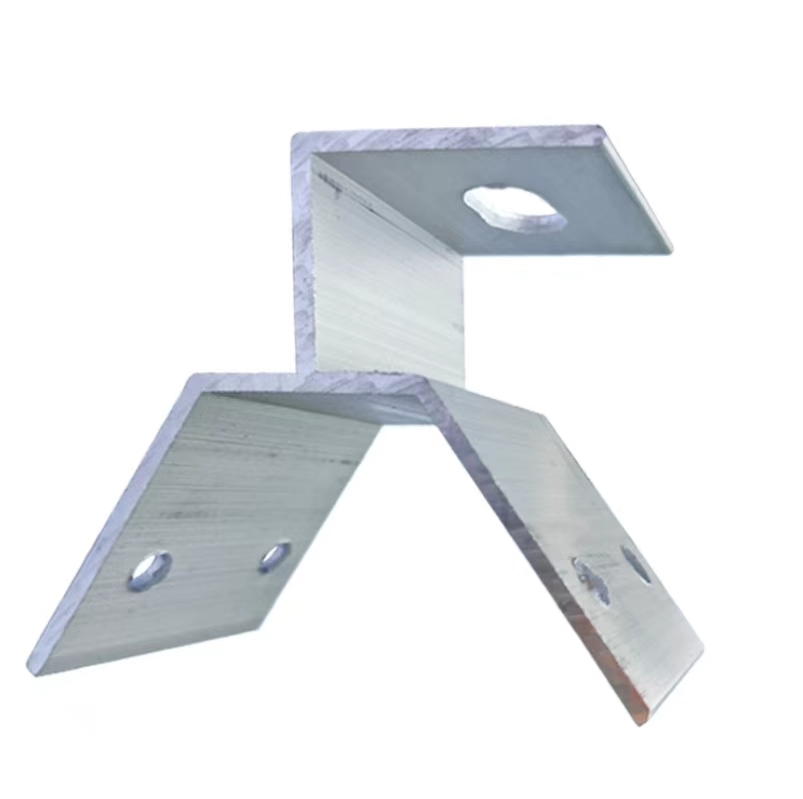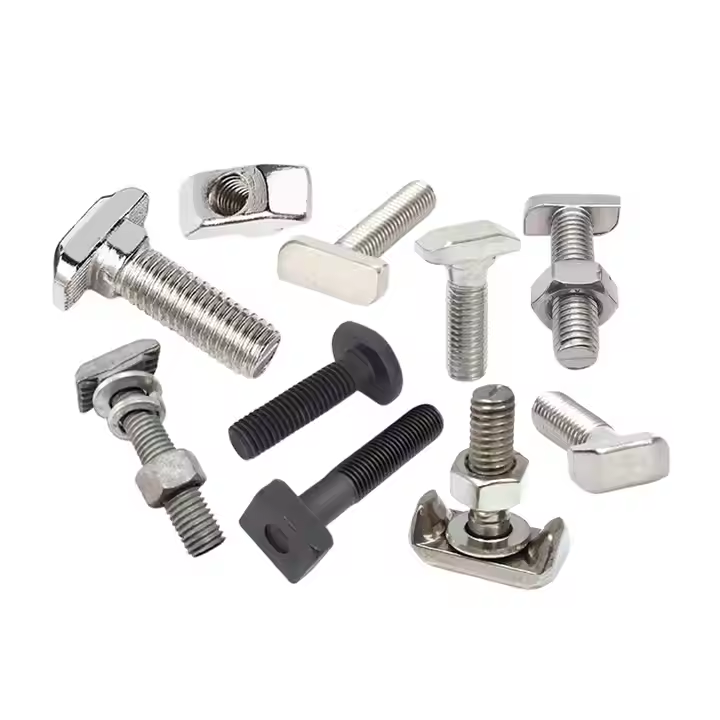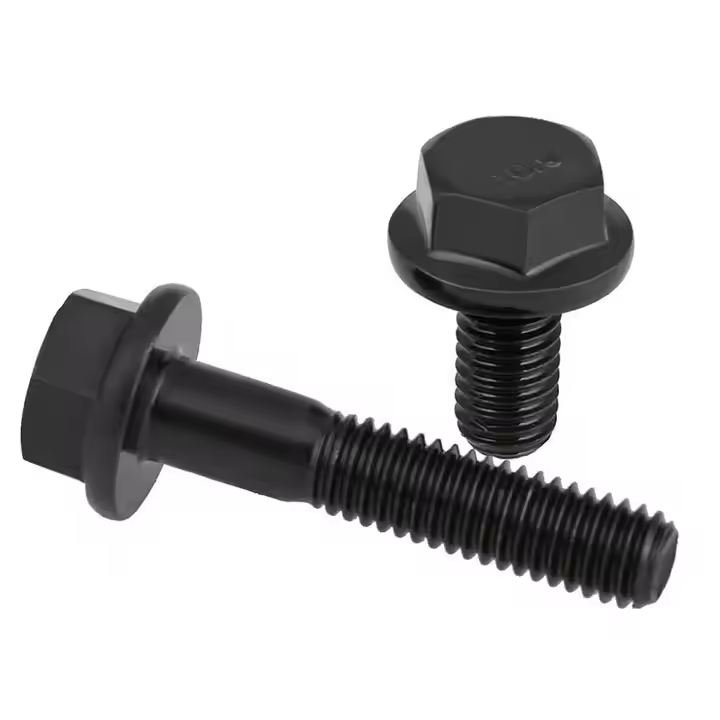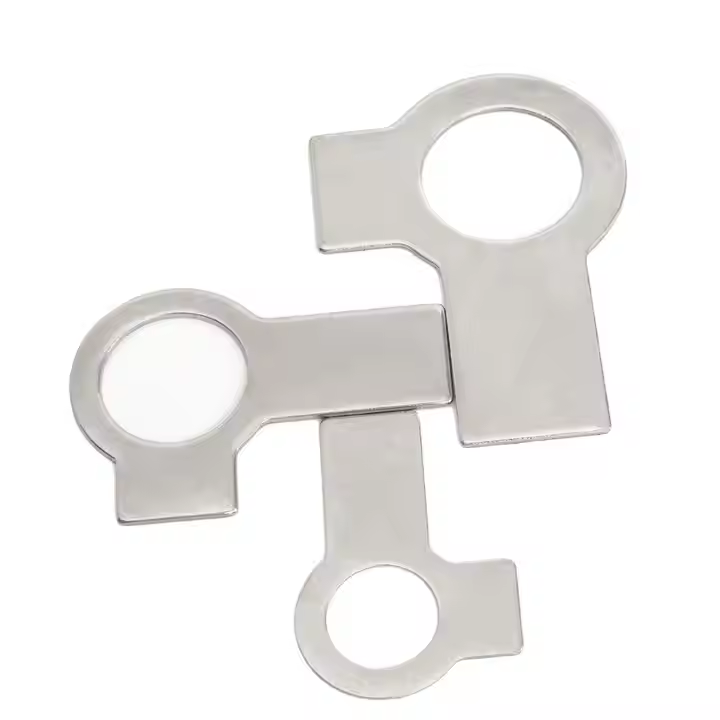

Washers for screws are essential components used in a wide range of applications to distribute load, prevent loosening, and protect surfaces. Choosing the right washer involves understanding different types, materials, and their specific functions. This guide provides a detailed overview to help you select the best washers for screws for your needs.Understanding the Basics of Washers for ScrewsWashers for screws are thin, disc-shaped plates with a hole in the center designed to fit around a screw or bolt. They are placed under the head of the fastener or under a nut to improve the connection.Why Use Washers for Screws? Load Distribution: Washers for screws spread the load of the fastener over a larger area, reducing stress on the joined material and preventing damage. Preventing Loosening: Some washers for screws, like lock washers, are designed to prevent screws from loosening due to vibration or movement. Surface Protection: Washers for screws protect the surface of the material being fastened from scratches or indentations caused by the fastener head. Insulation: Certain materials like nylon offer electrical or thermal insulation. Spacing: They can be used to provide precise spacing between parts.Types of Washers for ScrewsThere are several types of washers for screws, each designed for specific applications. Here's an overview of the most common types:Plain WashersPlain washers are the most basic type, providing a smooth surface for the fastener head to bear against. They distribute the load and protect the surface. They are used in general applications.Fender WashersFender washers have a larger outer diameter compared to plain washers, providing an even greater surface area for load distribution. They are ideal for applications where the hole is oversized or where extra support is needed. The supplier Hebei Muyi Import&Export Trading Co.,Ltd offers a variety of these, ensuring you find the perfect fit for your project.Lock WashersLock washers are designed to prevent screws from loosening. There are several types of lock washers: Split Lock Washers: These washers are split at one point and bent into a helical shape. When compressed, the sharp edges bite into the fastener and the surface, providing resistance to loosening. Tooth Lock Washers: These washers have teeth or serrations that grip the fastener and the surface. They are available in internal, external, and countersunk tooth designs. Wave Washers: These washers have a wave-like shape that provides a spring force, maintaining tension on the fastener.Shoulder WashersShoulder washers are designed with a cylindrical shoulder that fits into a hole, providing precise alignment and spacing. They are commonly used in electrical applications to insulate screws from metal surfaces.Finishing WashersFinishing washers provide a decorative appearance and are often used with countersunk screws. They are available in various materials and finishes to match the fastener and the surrounding material.Sealing WashersSealing washers are designed to create a watertight seal around a fastener. They typically have a rubber or neoprene insert that compresses against the surface, preventing leaks.Materials for Washers for ScrewsWashers for screws are made from a variety of materials, each offering different properties and advantages: Steel: Steel washers are strong and durable, making them suitable for a wide range of applications. They can be plated with zinc, cadmium, or other coatings for corrosion resistance. Stainless Steel: Stainless steel washers offer excellent corrosion resistance and are ideal for outdoor or marine applications. Common grades include 304 and 316 stainless steel. Brass: Brass washers are corrosion-resistant and electrically conductive, making them suitable for electrical and marine applications. Aluminum: Aluminum washers are lightweight and corrosion-resistant, ideal for applications where weight is a concern. Nylon: Nylon washers are non-conductive, corrosion-resistant, and provide good insulation. They are often used in electrical applications. Fiber: Fiber washers are used for sealing and insulation purposes. They are commonly used in plumbing and automotive applications.Choosing the Right Washers for Screws: Key ConsiderationsSelecting the appropriate washers for screws requires careful consideration of several factors:Application RequirementsUnderstand the specific requirements of your application, including the load, vibration, environment, and material compatibility. For example, if the application involves high vibration, a lock washer is essential.Material CompatibilityEnsure that the washer material is compatible with the fastener and the materials being joined. Dissimilar metals can cause galvanic corrosion, so choose materials carefully.Size and DimensionsSelect washers that are the correct size for the screw or bolt being used. The inner diameter of the washer should match the diameter of the screw, and the outer diameter should be appropriate for the application.Load CapacityConsider the load capacity of the washer. The washer should be able to withstand the forces applied without deforming or failing.Environmental ConditionsIf the application is exposed to harsh environmental conditions, such as moisture, chemicals, or extreme temperatures, choose a washer material that is resistant to these conditions. Stainless steel and certain plastics are good choices for corrosive environments.Installation Tips for Washers for ScrewsProper installation of washers for screws is crucial for ensuring their effectiveness. Here are some tips: Clean Surfaces: Ensure that the surfaces being joined are clean and free of debris. Correct Orientation: Install washers with the correct orientation. For example, split lock washers should be installed with the split ends facing away from the fastener head. Proper Torque: Tighten the fastener to the recommended torque specification. Over-tightening can damage the washer or the materials being joined. Inspect Regularly: Inspect the washers regularly to ensure that they are in good condition and properly seated. Replace any damaged or worn washers.Where to Buy High-Quality Washers for ScrewsWhen sourcing washers for screws, it's crucial to choose a reputable supplier that offers high-quality products. Hebei Muyi Import&Export Trading Co.,Ltd is a reliable source for various types of washers for screws, ensuring you get the right product for your specific needs. Always prioritize quality and reliability to ensure the longevity and performance of your fasteners.Troubleshooting Common Issues with Washers for ScrewsEven with careful selection and installation, you might encounter some common issues with washers for screws. Here's how to troubleshoot them: Loosening: If screws are loosening despite using lock washers, check the torque and consider using a stronger lock washer or a thread-locking compound. Corrosion: If washers are corroding, replace them with washers made from a more corrosion-resistant material, such as stainless steel. Deformation: If washers are deforming under load, choose a washer with a higher load capacity or use a larger washer. Mismatched Sizes: Always double-check the sizes of the washers and screws to ensure they are compatible.Advanced Applications of Washers for ScrewsBeyond basic fastening, washers for screws play a role in more specialized applications: Electrical Grounding: Special grounding washers are used to create a secure electrical connection between components. Vibration Dampening: Vibration-dampening washers are used in machinery and equipment to reduce noise and vibration. High-Temperature Applications: Special high-temperature washers are used in applications where temperatures are extreme, such as in exhaust systems.Cost Considerations for Washers for ScrewsThe cost of washers for screws can vary depending on the material, size, and type. Consider the following when budgeting for washers: Material Cost: Stainless steel and other specialty materials are typically more expensive than steel. Quantity Discounts: Buying washers in bulk can often result in significant cost savings. Long-Term Value: Investing in high-quality washers can save money in the long run by reducing the need for replacements and repairs.Choosing the right washers for screws is essential for ensuring the reliability and longevity of your connections. By understanding the different types, materials, and applications of washers, you can make informed decisions and achieve optimal results.Example Washer Selection GuideThis table provides a quick guide to selecting the right washer for common applications. Application Recommended Washer Type Material Notes General Fastening Plain Washer Steel, Stainless Steel For basic load distribution. Preventing Loosening Split Lock Washer, Tooth Lock Washer Steel, Stainless Steel Use in high-vibration environments. Oversized Holes Fender Washer Steel, Stainless Steel Provides larger surface area. Electrical Insulation Shoulder Washer Nylon Non-conductive material. Watertight Sealing Sealing Washer Steel with Rubber Insert Prevents leaks. Note: This table is a general guideline. Consult with a fastener specialist for specific applications.ConclusionSelecting the correct washers for screws is a crucial aspect of any fastening project. Whether you need to distribute load, prevent loosening, protect surfaces, or provide insulation, understanding the different types and materials available is key to achieving optimal results. With the information provided in this guide, you can confidently choose the right washers for screws for your specific needs.













Please enter your email address and we will reply to your email.